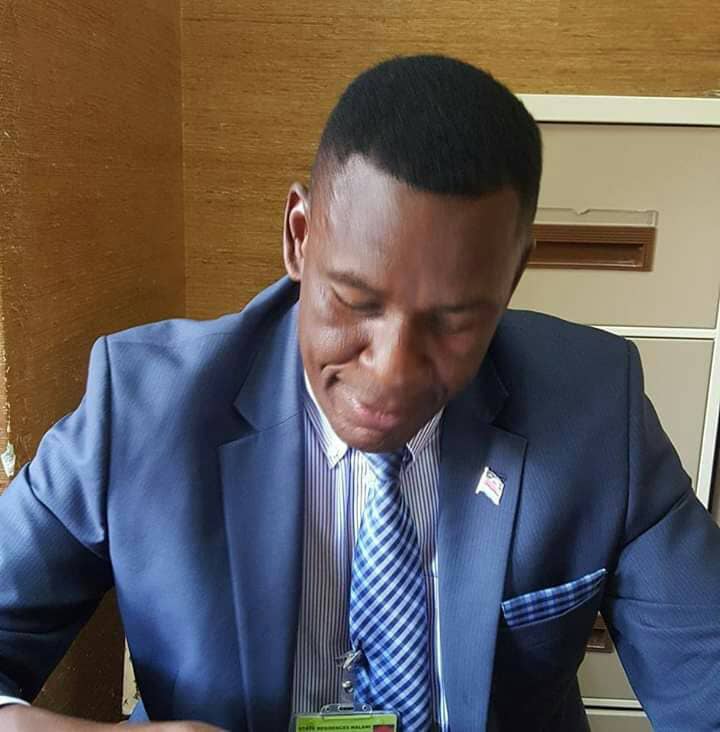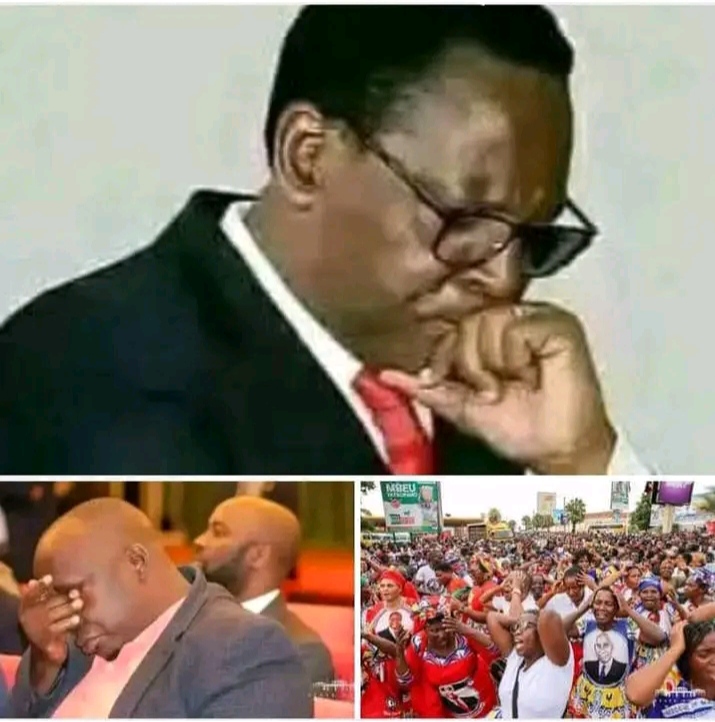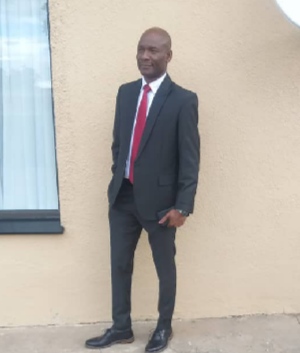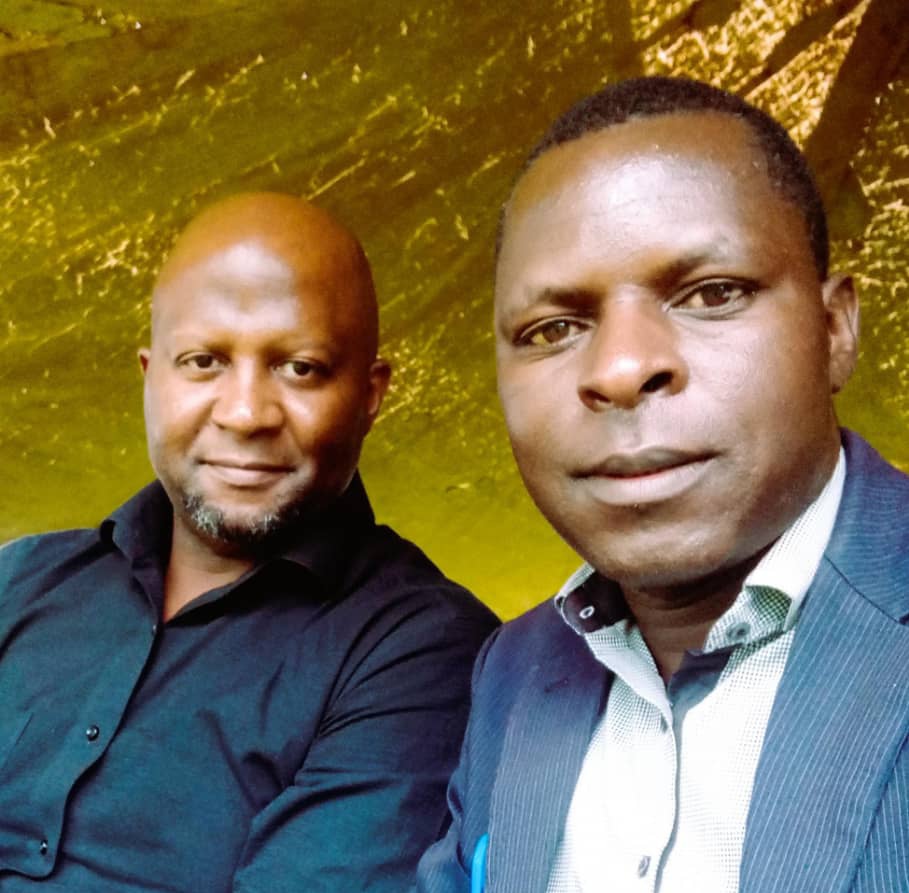By Burnett Munthali
In Malawi, the role of the police is clearly outlined in the Constitution: to serve and protect the public, uphold the rule of law, and ensure justice is impartially delivered. This foundational mandate holds the police accountable to the public and guarantees that citizens can rely on law enforcement to maintain peace and order. Unfortunately, recent events have unveiled a disturbing trend within the Malawi Police Service (MPS), wherein law enforcement officers have been caught up in politically motivated acts of violence, intimidation, and abuse of power. One of the most shocking recent incidents involves political figure Norman Chisale, whose harrowing experience of fake arrests and physical intimidation on January 3, 2025, serves as a clear warning about the alarming politicization of Malawi’s police force.
Norman Chisale’s distressing experience on that fateful day exemplifies the increasing abuse of law enforcement in politically sensitive situations. Chisale, who had been summoned by the Police Commissioner to discuss security matters related to the upcoming 2025 presidential elections, was initially assured that the meeting would be peaceful. However, the situation took a sudden and unexpected turn. After a phone call was made to the Police Commissioner, Chisale was informed that he was under arrest. However, no clear reason or legal justification for the arrest was provided.
Remaining composed and aware of his rights, Chisale requested to be shown an arrest warrant. The police officers, who were evidently unprepared for such a demand, failed to produce any legal documentation to support their actions. Despite their attempts to forcibly detain him, Chisale remained calm and resisted, only to later realize that those who attempted to arrest him were not regular police officers at all. They were armed individuals in civilian clothing, later revealed to be part of a coordinated effort involving additional armed personnel.
This incident was not a mere case of unprofessionalism, but a manifestation of the increasing trend of fake arrests, political intimidation, and the misuse of law enforcement to settle political scores. Rather than playing the crucial role of protector, the police were wielded as instruments of fear and political control, undermining the very principles of justice and fairness that they are meant to uphold.
The most concerning aspect of this situation is the apparent politicization of the Malawi Police Service. When Chisale attempted to report other similar politically motivated incidents of violence, including the illegal roadblocks and violent activities instigated by the Malawi Congress Party (MCP) youth at Msundwe, he was told by the police that no action could be taken because it would compromise their positions within the service. This interaction highlights a deeply troubling reality: the growing influence of political figures over the police force. It is clear that many officers, either willingly or under duress, have become tools for political maneuvering rather than impartial enforcers of the law.
The trend of political interference in law enforcement is not a new phenomenon in Malawi, but it has become particularly glaring in the recent past. When the police become an arm of the ruling political party, they cease to function as an unbiased institution of justice. Instead, they become agents of intimidation, harassment, and political repression. This compromises the integrity of the entire force and erodes the trust that citizens place in their police.
The rise in political violence in Malawi, fueled in part by fake arrests and police complicity, is a growing threat to both political figures and ordinary citizens. These incidents of violence, which often go unpunished, send a dangerous message to the public—that dissent will not be tolerated, and that political opponents will be silenced by any means necessary. In a democratic society, the ability to express differing opinions and to participate in political discourse without fear of retribution is a fundamental right. However, when the police fail to protect this right and instead actively engage in stifling political opposition, the very fabric of democracy is at risk.
Moreover, the use of police officers for politically motivated purposes sets a dangerous precedent for future elections. The integrity of the electoral process depends on the impartiality of law enforcement, as their role is to ensure free and fair elections. If law enforcement agencies are compromised and used to suppress opposition, it undermines the credibility of the election results and diminishes the public’s faith in the democratic process.
The recent incident involving Norman Chisale, along with other instances of political violence and intimidation, demands a strong and unequivocal response from both the public and the government. Those responsible for the unprofessional conduct within the Malawi Police Service must be held accountable. The failure of law enforcement to act impartially and within the bounds of the law cannot be tolerated. Officers who allow themselves to be manipulated for political gain must face appropriate disciplinary action to restore the integrity of the police force.
Furthermore, there is a pressing need for comprehensive police reform. Political leaders must take immediate steps to ensure that the police force operates independently and without political interference. This can be achieved through a combination of institutional reforms, improved training programs focused on human rights and the rule of law, and stronger oversight mechanisms to prevent further abuse of power.
It is essential that Malawians demand that the police serve the interests of the people, not those of political elites. Only through reform can the police regain their role as guardians of the law, ensuring that justice is administered impartially and that citizens feel protected, not persecuted.
The unprofessional conduct of the Malawi Police Service, as seen in the case of Norman Chisale, highlights the dangers of political violence and intimidation in the country. As Malawi heads into the crucial 2025 elections, it is vital that the police remain neutral and uphold the rule of law. The safety and security of all citizens, particularly political figures, depend on a police force that can be trusted to protect the rights of everyone, regardless of their political affiliations.
To safeguard the future of Malawi’s democracy, it is imperative that we demand accountability from those in positions of power and ensure that law enforcement agencies are reformed to fulfill their duties to the public with integrity, professionalism, and impartiality.




